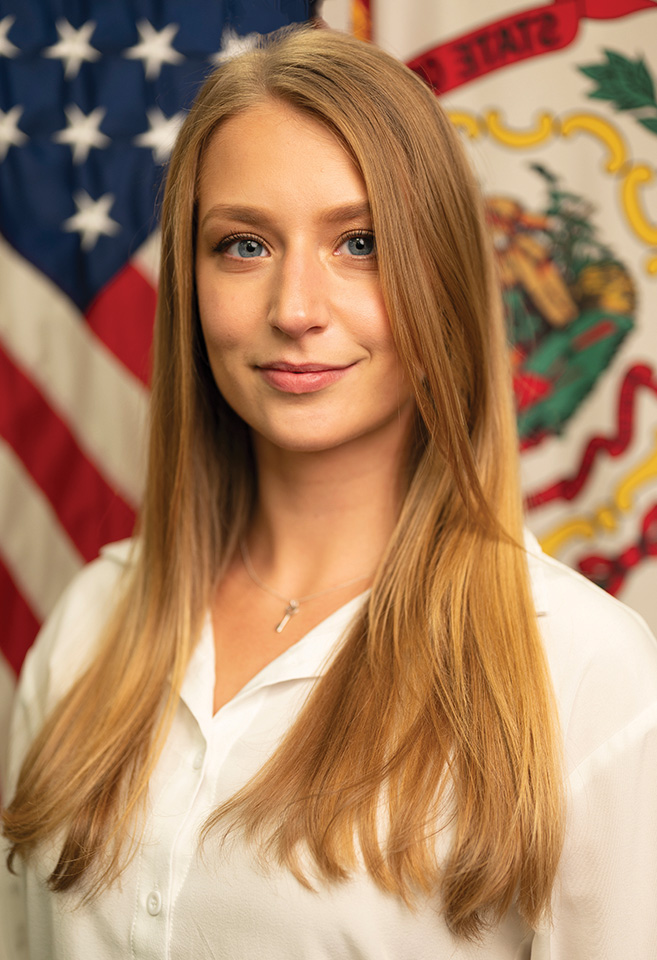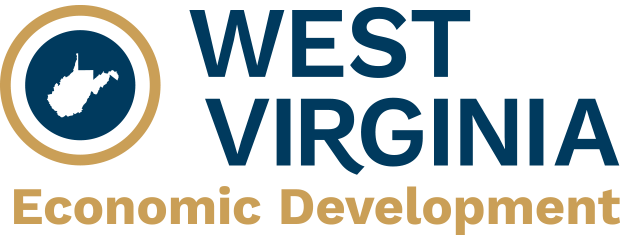The days of faux pas on video conference calls are fading away. With the relaxation of travel restrictions around the world, more and more people are beginning to relearn some of the most important choreography in business: in-person interactions.
In recent years, there have been exceptional developments in the world of virtual communication, especially due to its necessity throughout the COVID-19 pandemic. Now, professionals across the globe are able to have conferences, ceremonies and even handshakes with the click of a button, but how much non-verbal communication is lost in these virtual interactions? Despite the ease that these services offer, much of the unspoken communication that takes place in business cannot be replaced with a call.
Here are some points to keep in mind if you decide to take advantage of the reopening world and why it is so important to get involved.
Everyone Communicates Differently
Have you ever experienced a miscommunication due to the vast regionalisms in American English? Is a carbonated drink called coke, soda or pop? How about sneakers or tennis shoes? Oftentimes, we can overcome these differences with the help of context, but it goes to show how much language can differ across a country and even in a state. Differences like these multiply exponentially when the scale becomes international where something as simple as having a different word for an object could turn into having entirely different non-verbal communication styles.
Just as we can use context to piece together unknown words in our native languages, we can use an understanding of cultural norms to help fill in the gaps that result from cultural communication differences. And when discussing the complex matters that your company is involved with, both parties must have an understanding of what is being communicated and the emotions behind it. What’s the one way to ensure that miscommunications aren’t being exacerbated by virtual communication and staying unchecked? Traveling to the country you are working with and seeing for yourself that your message has been sent, a message that will also carry more weight if you can deliver it in person.
After all, the lens in which we see the world is a product of the environment we come from and that same lens is what we use to understand and interpret meaning in conversations. In some cultures, a hug is customary upon meeting. In others it would be considered rude to not bring a gift. Perfecting these cultural exchanges can go a long way when building professional relationships. If you are curious about how to navigate some of these unspoken rules, the U.S. Commercial Services has guides to help you begin your journey in understanding a country’s business culture and taking your first steps in making your way overseas to create and strengthen important connections.
What You Miss When Meeting Virtually
Everyone is on their best behavior on a one-hour virtual call, but you can’t get to know someone through these settings. So much of the communication we do is non-verbal and only being able to see a person in a small square from their chest up eliminates a lot of visual cues. Leaning in toward someone while they are talking, making eye contact and even posture are all indicators of how a conversation may be going, but are difficult to get across in a virtual space.
Getting to know someone through hour-long sporadic meetings will help you convey the information, but some of the most important interactions of business will get lost in these calls, including the parts that help you to build trust and lasting relationships with those you are doing business with.
There is a level of trust that can come from visiting someone’s city, getting dinner with them and even meeting other professionals that you may have never come in contact with if you were only meeting on a virtual video call. Wouldn’t you be more willing to do business with someone after you got to spend a few hours with them outside of a professional setting, as opposed to basing impressions off of a virtual phone call that follows a sort of impersonal etiquette?
We Can Help You Make These Connections
The world is reopening, and with that, global connectivity has taken a new priority for many businesses. To stay competitive on an international scale, it is important to consider your company’s export strategy and see where these vital in-person interactions can fit into a plan.
We can help connect you to international markets and events that are a good match for your company’s exporting needs. Already have a trip in mind? The West Virginia Division of Economic Development has funding available to help offset travel and event participation fees.
Contact the West Virginia Division of Economic Development to get in touch with one of our international trade managers today. We’re here to help you connect with resources that will support your lifelong relationship-building with professionals around the world.

By Hanna Kruhlova
International Trade Manager
Hanna is a graduate student athlete of West Virginia State University, where she earned a degree in Business and Information Systems. Originating from Minsk, Belarus, she is fluent in English, Russian and Belorussian and will be the primary Export Promotion Program contact for companies in Berkeley, Boone, Braxton, Clay, Fayette, Grant, Greenbrier, Hampshire, Hardy, Jefferson, Kanawha, Lincoln, Logan, McDowell, Mercer, Mineral, Mingo, Monroe, Morgan, Nicholas, Pendleton, Pocahontas, Putnam, Raleigh, Randolph, Summers, Tucker, Upshur, Webster and Wyoming counties.
Contact Hanna at Hanna.Kruhlova@wv.gov with any questions or for details regarding this blog!


